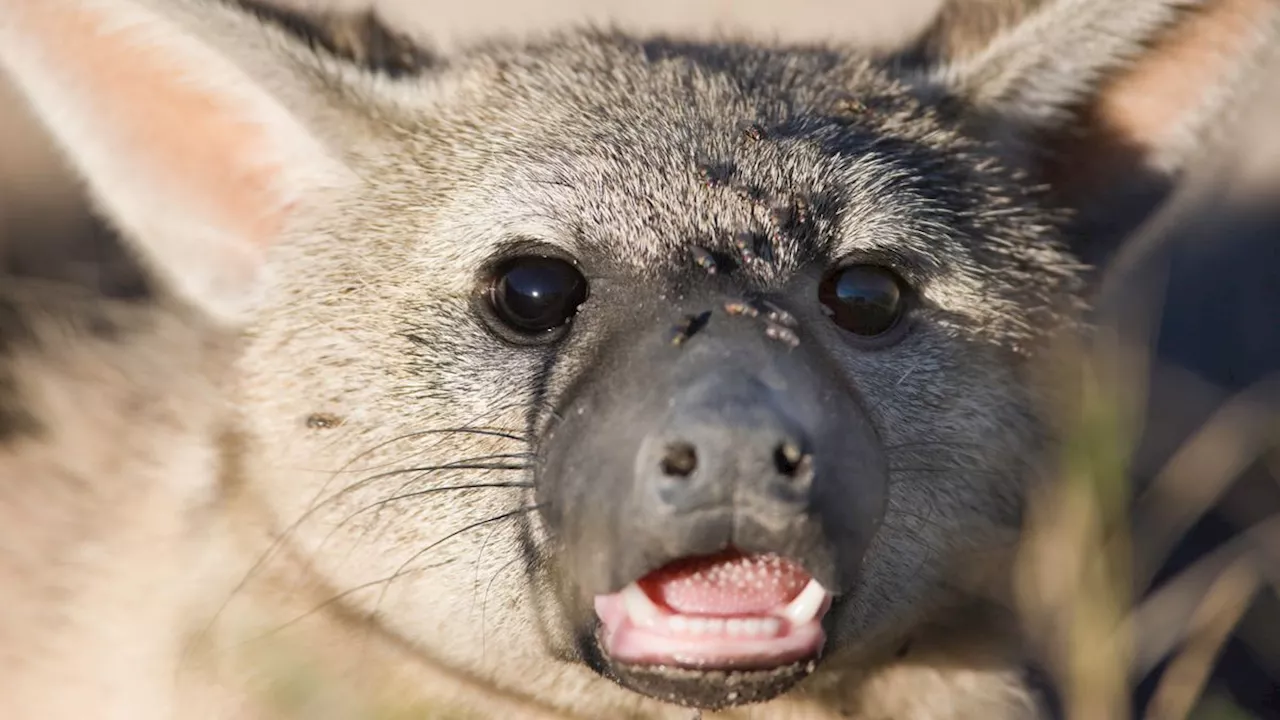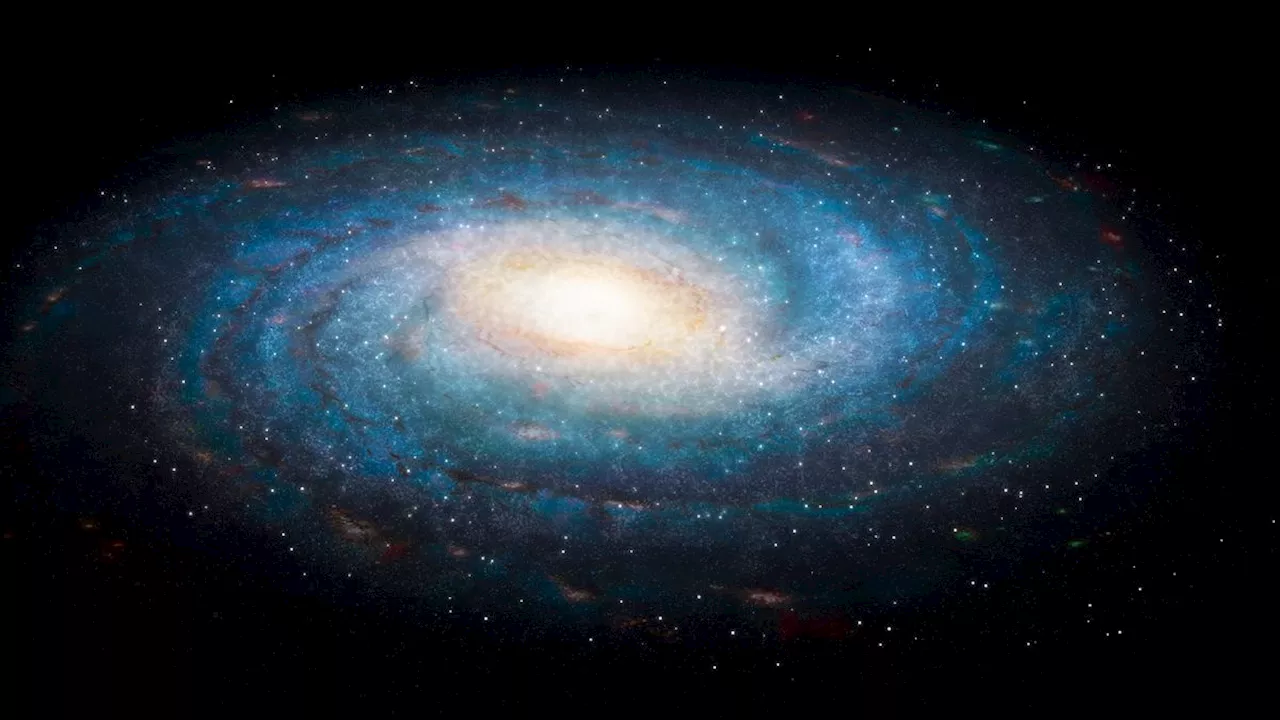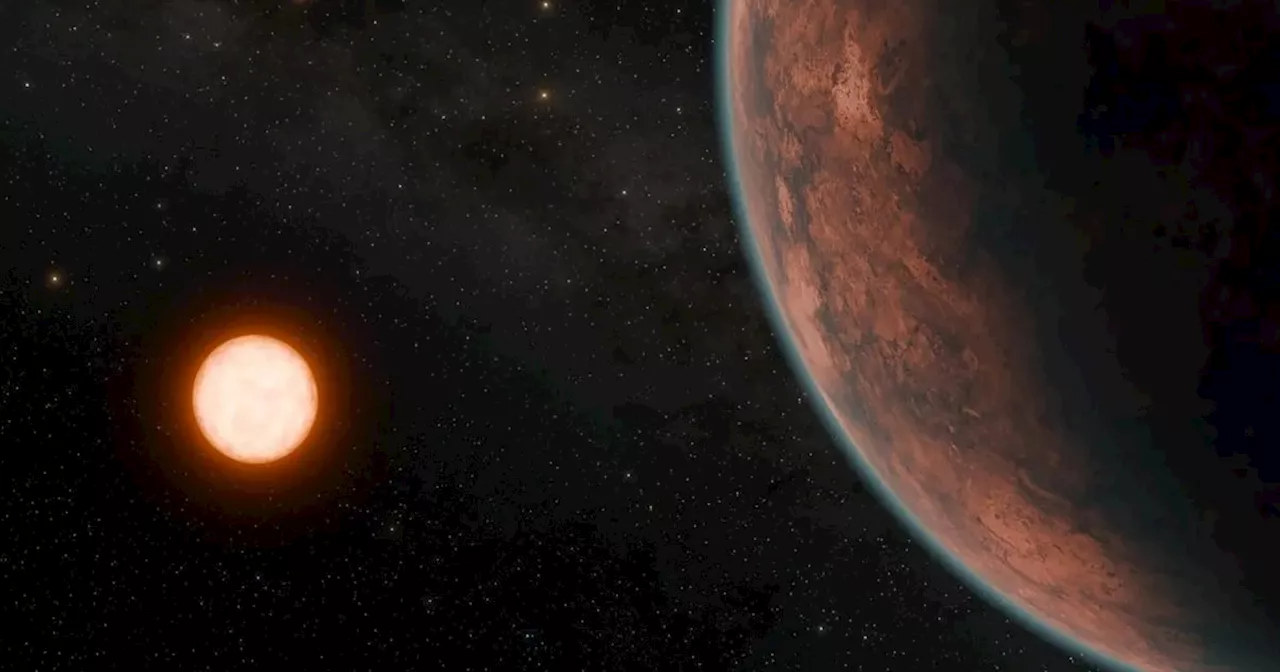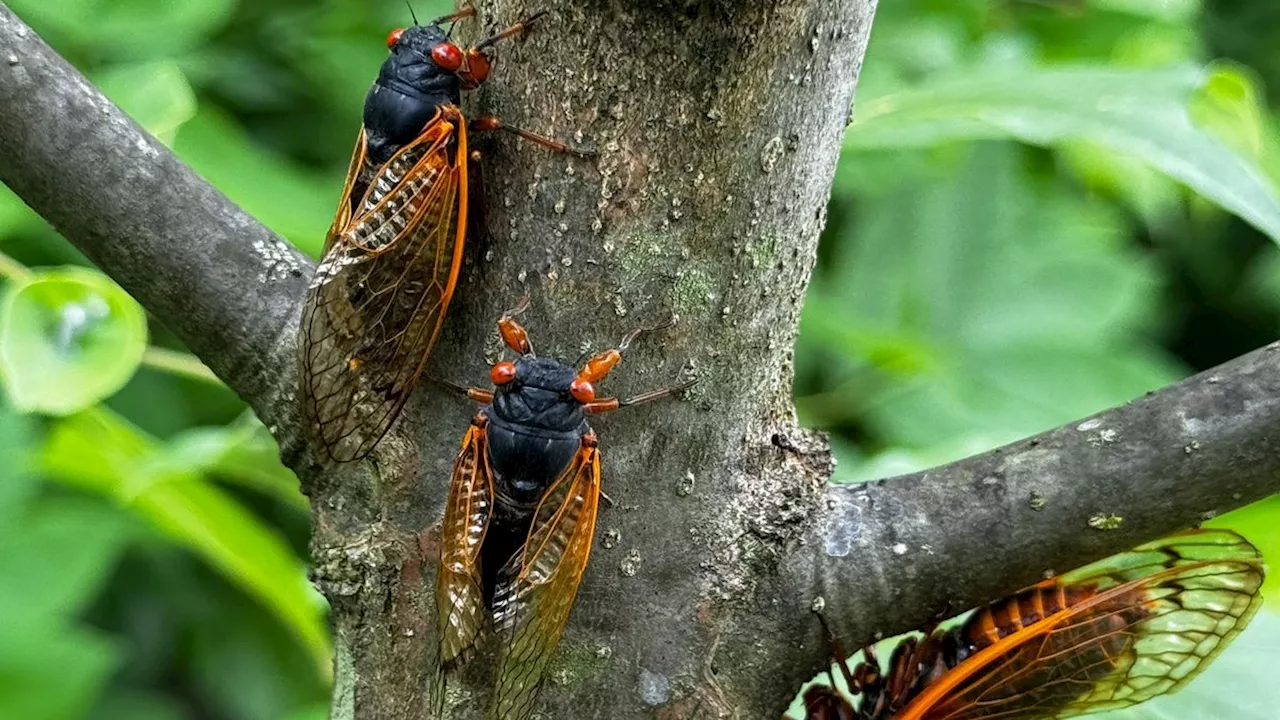Hannah Osborne is the planet Earth and animals editor at Live Science. Prior to Live Science, she worked for several years at Newsweek as the science editor. Before this she was science editor at International Business Times U.K. Hannah holds a master's in journalism from Goldsmith's, University of London.
Today's Google Doodle celebrates the ongoing"cicada-geddon" — where two broods of the insects have simultaneously emerged for the first time in 221 years. The double bloom event has led to billions if not trillions of cicadas rising from the ground across parts of the Midwest and Southeast.
Males emit a loud shrieking noise to attract females, which return their calls with a clicking sound. After mating, the females lay their eggs. After the eggs hatch, they feed on tree sap before burrowing underground to begin a new cycle. This year's double brood event is expected to last until June, although timings depend on exactly when the cicadas start appearing. In Illinois, Virginia, North Carolina, South Carolina, Georgia, Alabama, Mississippi, Tennessee, Kansas and Missouri, sightings were being widely reported by April 25, according to the Cicada Safari app, which tracks the event.
United States Latest News, United States Headlines
Similar News:You can also read news stories similar to this one that we have collected from other news sources.
 Aardwolf: The weirdo hyena cousin that eats 300,000 termites each nightHannah Osborne is the planet Earth and animals editor at Live Science. Prior to Live Science, she worked for several years at Newsweek as the science editor. Before this she was science editor at International Business Times U.K. Hannah holds a master's in journalism from Goldsmith's, University of London.
Aardwolf: The weirdo hyena cousin that eats 300,000 termites each nightHannah Osborne is the planet Earth and animals editor at Live Science. Prior to Live Science, she worked for several years at Newsweek as the science editor. Before this she was science editor at International Business Times U.K. Hannah holds a master's in journalism from Goldsmith's, University of London.
Read more »
 When Science Fiction Becomes Science Fact: The AI DilemmaScience, Space and Technology News 2024
When Science Fiction Becomes Science Fact: The AI DilemmaScience, Space and Technology News 2024
Read more »
 Does the Milky Way orbit anything?Skyler Ware is a freelance science journalist covering chemistry, biology, paleontology and Earth science. She was a 2023 AAAS Mass Media Science & Engineering Fellow at Science News. Her work has also appeared in Science News Explores, ZME Science and Chembites, among others. Skyler has a Ph.D. in chemistry from Caltech.
Does the Milky Way orbit anything?Skyler Ware is a freelance science journalist covering chemistry, biology, paleontology and Earth science. She was a 2023 AAAS Mass Media Science & Engineering Fellow at Science News. Her work has also appeared in Science News Explores, ZME Science and Chembites, among others. Skyler has a Ph.D. in chemistry from Caltech.
Read more »
 Billings has a double-double, Wings beat Sparks 84-83LOS ANGELES (AP) — Arike Ogunbowale scored 20 points, Monique Billings had a double-double with 18 points and 12 rebounds and the Dallas Wings edged the Los Angeles Sparks 84-83 on Sunday night.
Billings has a double-double, Wings beat Sparks 84-83LOS ANGELES (AP) — Arike Ogunbowale scored 20 points, Monique Billings had a double-double with 18 points and 12 rebounds and the Dallas Wings edged the Los Angeles Sparks 84-83 on Sunday night.
Read more »
 Potentially habitable Earth-size planet discovered 40 light-years awayDenise Chow is a reporter for NBC News Science focused on general science and climate change.
Potentially habitable Earth-size planet discovered 40 light-years awayDenise Chow is a reporter for NBC News Science focused on general science and climate change.
Read more »
 Extreme heat hits Texas and Florida early in the seasonDenise Chow is a reporter for NBC News Science focused on general science and climate change.
Extreme heat hits Texas and Florida early in the seasonDenise Chow is a reporter for NBC News Science focused on general science and climate change.
Read more »
